The Vital Role that Whales Play in Marine Ecosystems
The giants in our oceans contribute significantly to the marine ecosystem, both in life and in death. While they swim across the planet’s oceans, whales’ nutrient dense excrement provide sustenance to many species. And when they stop swimming, their carcasses become rich feeding grounds for many other creatures. And as surprising as it may seem, these ocean giants might even play a part in fighting climate change. Is there anything these titans can’t do?
Alive and Pooping
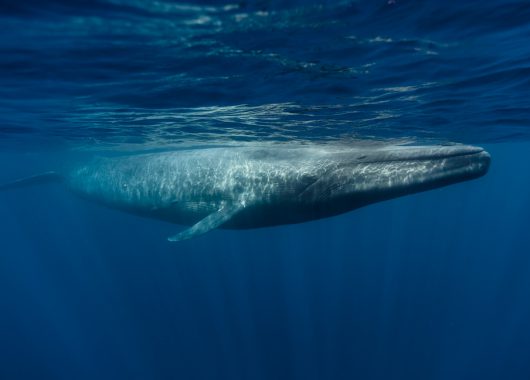
When it comes to ocean ecosystems, whale excrement does a world of good. Unlike the solid waste of many animals, whale feces are loose and buoyant, floating up to the water’s surface before gradually breaking down. This process is essential for nutrient cycling. It allows for the poop to release all its nutrients into the ocean’s sunlit zone, where sunlight fuels the growth of phytoplankton.
Whales also help to transport other nutrients from the ocean’s photic zone to the sunlit surface simply by moving around. That’s something that fish and other zooplankton simply can’t do on their own! When whales swim up to the water’s surface to breathe (and poop!), they end up helping to support the entire marine ecosystem by stirring the…errr…poop.
Life After Death
When a whale dies, its journey doesn’t end with its last breath at the ocean’s surface. Whale carcasses, or “whalefalls,” provide a lifeline to deep-sea ecosystems for months or even years. In the deep ocean, a whale carcass transforms a barren sea floor into a bustling hub of activity. First, scavengers like deep-sea sharks, fish and crabs arrive and spend weeks eating away at the flesh, leaving only bones behind. Next, snails, clams and polychaete worms move in and feed upon the bone. They might even burrow into the sediment enriched by the whale’s blubber and oil. These critters will spend months or even years at the site. It seems, in death, these whales bring so much life and sustenance to the wildlife around them.
Whales and Climate Change
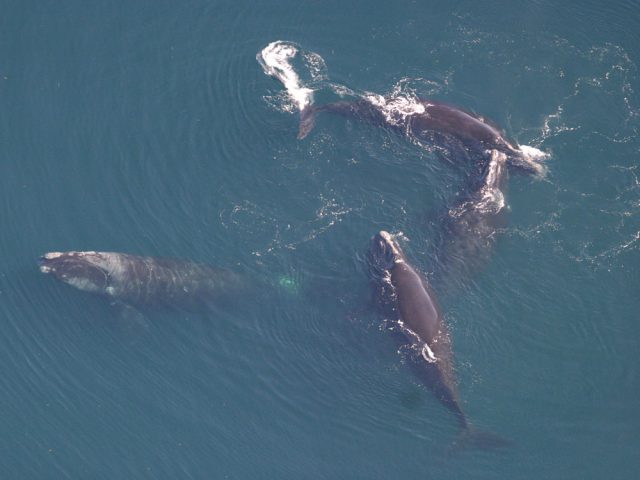
Are whales a secret weapon against climate change? Not exactly. However, they do store a lot of carbon. Throughout their long lives, they eat vast amounts of carbon-heavy prey and exhale minimal carbon dioxide. In fact a single whale can sequester approximately 33 tons of carbon dioxide over its lifetime. An oak tree, on the other hand, which can live over 500 years captures approximately 12 tons of carbon dioxide over that time span. Even after death, whales continue to store carbon. When they sink to bottom of the ocean floor, their bodies trap carbon for centuries. Pretty impressive, right? They might not solve the climate crisis, but perhaps this tidbit of information gives us all yet another reason to conserve these majestic marine mammals. For their sake, and ours.

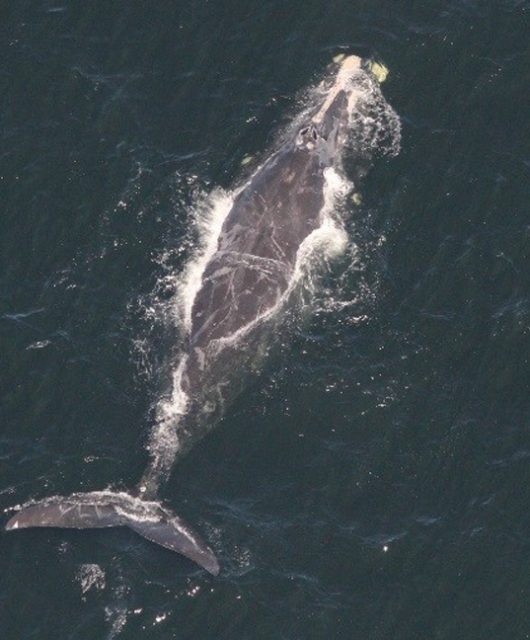
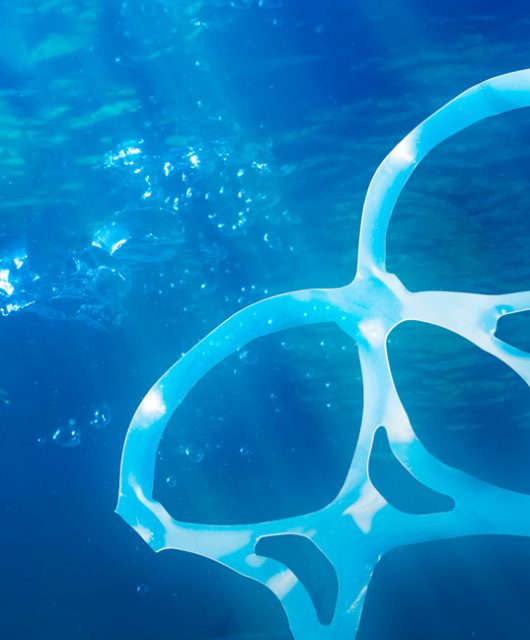
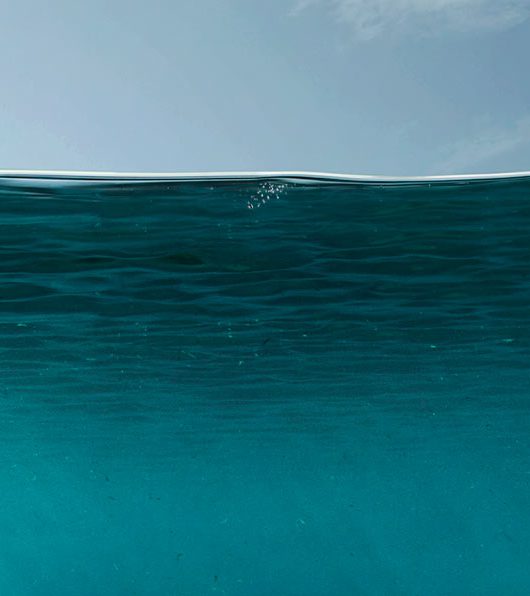
1 comment
VERY INTERESTI NG!!!